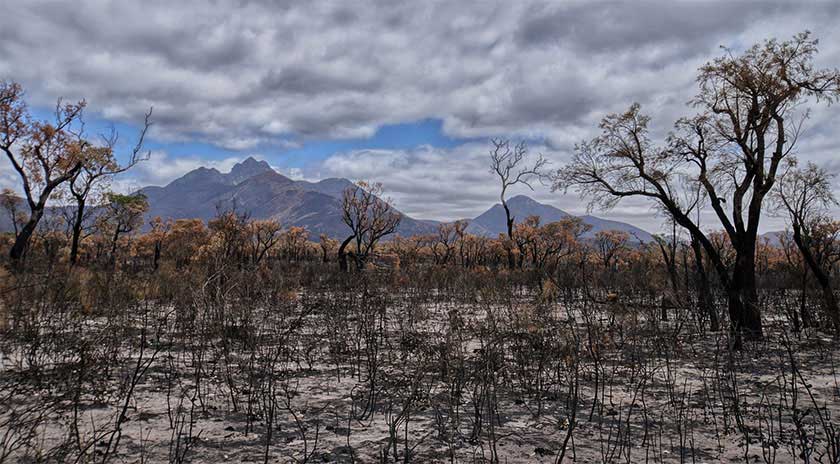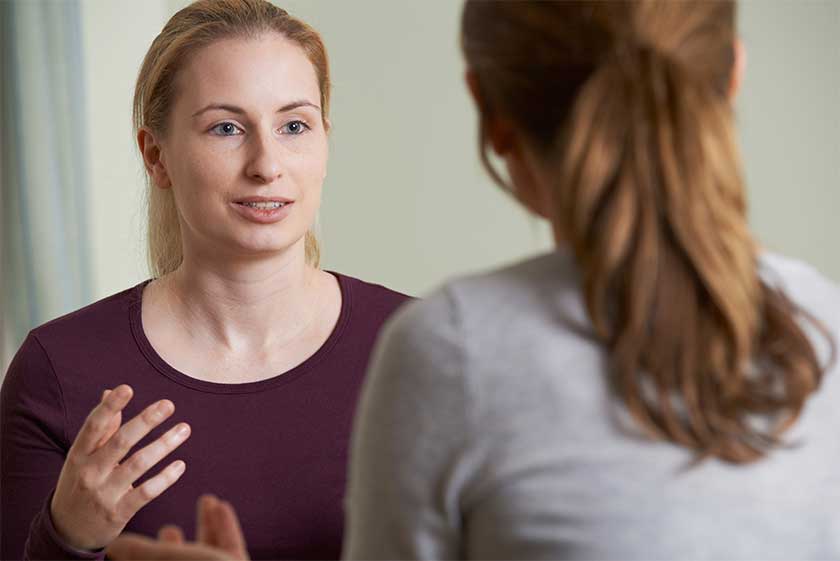PTSD is a mental health condition triggered by exposure to one or more severe, traumatic events. Every person responds differently to trauma even if they have been exposed to the same event, so addressing it is a case-by-case situation.
With the right support, recovering from PTSD is possible. Mental health occupational therapist, Sarah Kerlin, discusses how to identify PTSD and where to get help.
Trauma could be in relation to witnessing death or loss of something valuable. Similarly, someone may experience symptoms of grief, which can be in relation to loss of a loved one, grieving for loss of property, or anything else that they might have lost that is of value to them, such as grieving their previous lifestyle or self. The impact of these events could also heighten symptoms of anxiety, particularly in relation to feeling safe, and may impact on someone’s mood.
What are the symptoms of PTSD?
Knowing what to look out for and being able to identify PTSD will enable you to get help quicker.
If you have been diagnosed with, or think you have PTSD, you may experience:
- a heightened sense of fear, panic, horror or anger
- increased irritability
- a sense that your body is on alert, even during normal activities
- poor sleep
- poor concentration and memory
- unwanted flashbacks of the traumatic event
You may also struggle to socialise and feel less interested in doing the things you used to enjoy.
For children impacted, they could display similar behaviours as mentioned above, but may also express their emotions through changes in their observable behaviour such as misbehaving at school, becoming more fearful of everyday tasks, increase in separation anxiety.
Everyone responds differently to events, so it is important to monitor for any changes that seem different in a person. It is also important to note that response to trauma can happen at any time, this includes months or years after an event may have occurred.
Where to get help for PTSD
If you or someone you know is experiencing PTSD, there is help available.
St John of God Social Outreach’s community mental health services offer free mental health support across Western Australia and Victoria for people aged 16 years and older. Treatment and services include individual counselling, group therapy and specialised treatment for people with ongoing mental health conditions.
St John of God Richmond Hospital also provides comprehensive and holistic mental health care for inpatient and outpatient treatment programs for people experiencing PTSD. The hospital can also help link patients to other support services and welcome family and support networks as part of the overall treatment and recovery.
If you feel like stress is getting the better of you, seek help from your doctor. Your doctor can help determine the underlying cause of your stress and can help you to develop strategies to address the stress.
A doctor can also help you access a psychologist or other mental health professional who is trained to help you to navigate through the lasting impacts of a natural disaster or other traumatic events.
Helplines
Lifeline (24 hours/7 days a week)
Tel: 13 11 14
Kids Helpline (24 hours/7 days a week)
Tel: 1800 55 1800
Beyondblue (24 hours/7 days a week)
Tel: 1300 224 636
Mensline (24 hours/7 days a week)
Tel: 1300 789 978








